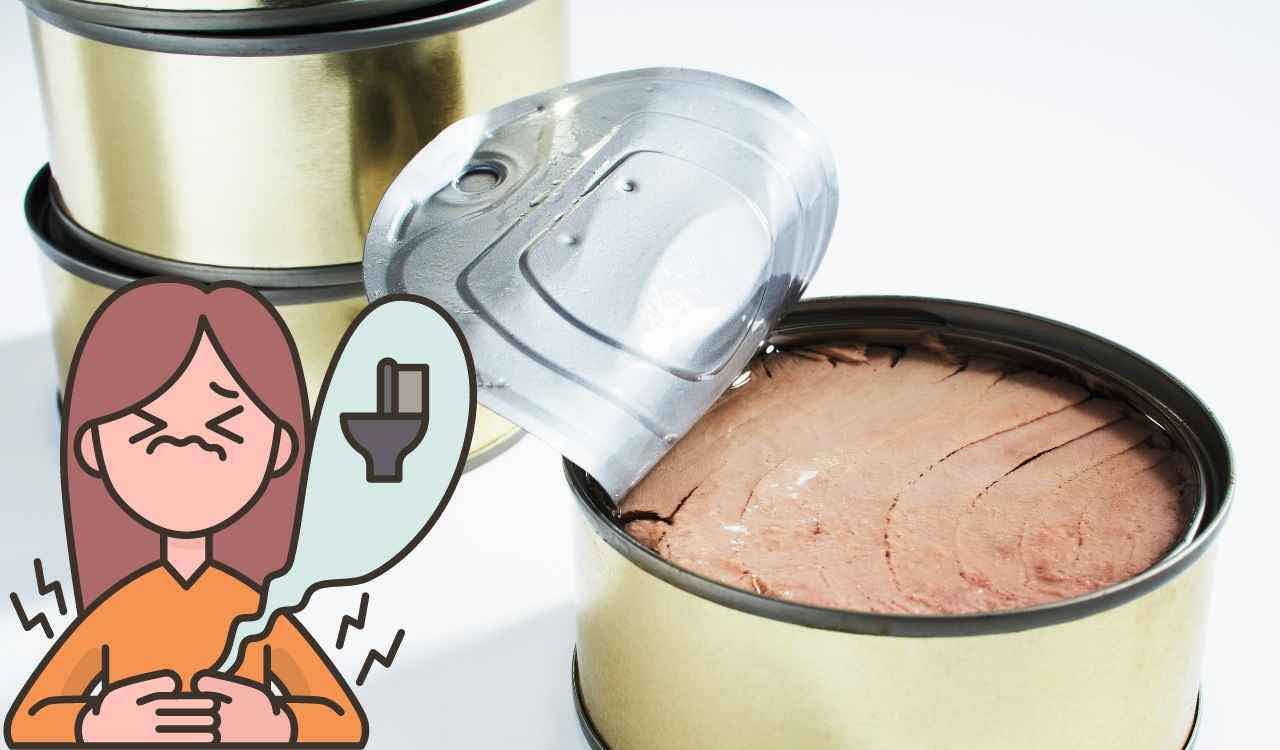How much risk do I run, compared to the dangerous intake of mercury, when I ingest commercial canned tuna? Let’s find out if the most common and popular of fish can really damage our health.
The term tuna comprehends different species of fish, including tuna, albacore, yellow fin. The mercury is a chemical often used in automotive thermometers, thermostats, and light switches, as well as being used in industrial facilities, such as power plants, cement plants, and some chemical manufacturers.
When released into the environment, mercury can become a public health problem when it settles in our oceans and waterways.
Natural bacteria absorb mercury and convert it to methylmercury, introducing it into the food chain. Small fish consume or they absorb methylmercury and are eaten by larger fish. Instead of breaking or dissolving, mercury accumulates at every level of the food chain.
Large fish, such as tuna, can have mercury concentrations in their bodies 10,000 times higher to those of the surrounding habitat. However, tuna is still safe to eat, albeit only in certain quantities.
This happens because, particularly if we are referring to canned tuna, they are used in most cases smaller tuna species, which they generally absorb lower amounts of mercury.
This article is meant to illustrate you how much tuna can you eat without affecting the health and wants to clarify the any risks to consume in excess, it being understood that quality always starts from a fresh fish or from a glass preserves.
Canned Tuna: Does It Really Contain Mercury?
Mercury is odorless and invisible to humans. Once in our body, however, it can act as one neurotoxin and interfere with the brain and nervous system. Mercury exposure can be particularly harmful to i small children and pregnant women.
There are two main types of canned tuna: the white tuna and the light piece. The light piece is mainly produced from the skipjack tuna, a smaller species of tuna. Albacore tuna is a larger species and contains higher levels of mercury. Canned albacore tuna typically contains about 0.32 parts per million mercury. Canned light tuna contains approx 0.12 parts per million of mercury.
The US FDA recommends avoiding fresh albacore tuna and tuna steak during pregnancy. It is safe to eat only up to a portion less than 170g per week. Canned tuna, however, as already mentioned, in the right proportions, it is overall safe to eat during pregnancy.


